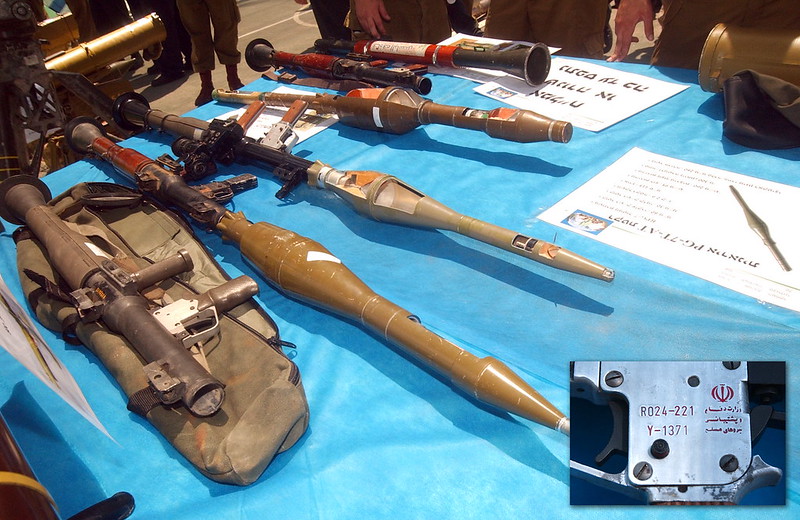Following attacks on Israel’s northern border more than 45 years ago, when Ariel Sharon was Israel’s leader, the Israel Defense Forces invaded Southern Lebanon in 1982.
The result of Israel’s 1982 incursion into Lebanon was the creation of a buffer zone inside Lebanon , which absorbed most of the attacks from the north.
However, attacks from the north did not cease for a moment.
In May 2000, with Israel Prime Minister Ehud Barak at the helm, the Israel Defense Forces conducted a unilateral retreat from the buffer zone in southern Lebanon.
However, that did not stop missile barrages on all parts of Israel from Southern Lebanon, until , in July 2006, the situation evolved into yet another war between Israel and Lebanon.
What curtailed the war in 2006 was UN resolution 1701, adopted in August 2006 , which established a new cease fire, with UN forces deployed between Israel and Lebanon, with a new commitment from Lebanon to cease and desist from cross border attacks.
Yet UN 1701 created no mechanism to enforce that cease fire, especially because a “hudna”, the Arabic term used for this kind of truce , represents little more than a “respite in war” between Islamic & non-Islamic forces. Indeed, the authoritative Islamic Encyclopedia (London, 1922) defines “hudna” as a “temporary treaty” which can be approved or abrogated by Islamic partners to the “hudna”.
Since the passage of UN resolution 1701, open intelligence sources confirm that Lebanon created more than 100,000 sites to deploy missile batteries, embedded in the Lebanese population, aimed at all parts of Israel population
Fast forward to 2024. Lebanon now fires thousands of missiles at Israel. Upwards of 100,000 civilians – Jews, Arabs, Christians and Druze- who live in the northern region of Israel – have been evacuated from their homes until the missile attacks stop.
Two major cities in northern Israel , Metulla and Kiryat Shemoneh have virtually emptied out
The Israel Defense establishment saw this coming when the IDF withdrew from the security zone in southern Lebanon.
Confirmation of massive missile batteries deployed in and around Lebanese villages occurred in September, 2006.
Israel’s response so far to the missile barrage from the north has been to locate and attack leaders of the Hizbulla, the faction of the Lebanese regime which claims responsibility for the attacks on Israel.
The reality is that targeted attacks on Hizbullah leaders has not deterred attacks from Lebanon.
That leaves Israel one option: To launch attacks against missile batteries embedded in the Lebanese population.
The consequence: That will cause massive casualties. Israel will once again be accused of a genocidal attack against a civilian population.
Jews in Israel and abroad are not ready for this scenario.









